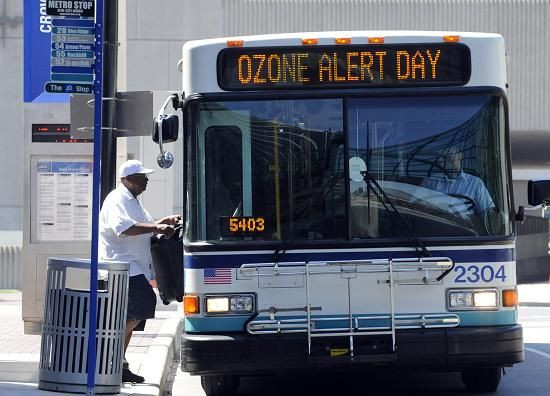NASA Presents Measures to Control Air Pollution

If implemented, NASA scientists believe 14 measures to reduce air pollution can slow global warming, increase crop yields, and prevent hundreds of thousands of premature deaths.
A new study led by Drew Shindell of NASA's Goddard Institute for Space Studies (GISS) in New York City identifies means for curbing the release of black carbon and methane into the atmosphere, something they claim could slow mean global warming by 0.9 percent degrees Fahrenheit by 2050, and increase global crop yields by up to 135 million metric tons per season.
"We've shown that implementing specific practical emissions reductions chosen to maximize climate benefits would also have important 'win-win' benefits for human health and agriculture," said Shindell.
Black carbon and methane lead to ozone formation and exacerbate climate change. With a reduction in their emissions, the study estimates that globally between 700,000 and 4.7 million premature deaths could be prevented each year.
Strategies proposed include capturing gas escaping from coal mines and oil and natural gas facilities, reducing leakage from long-distance pipelines, preventing emissions from city landfills, updating wastewater treatment plants, limiting emissions from manure on farms, installing filters in diesel vehicles, upgrading cooking stoves and boilers to cleaner burning types, and banning agricultural burning.
The study is published in the journal Science.
Published by Medicaldaily.com



























